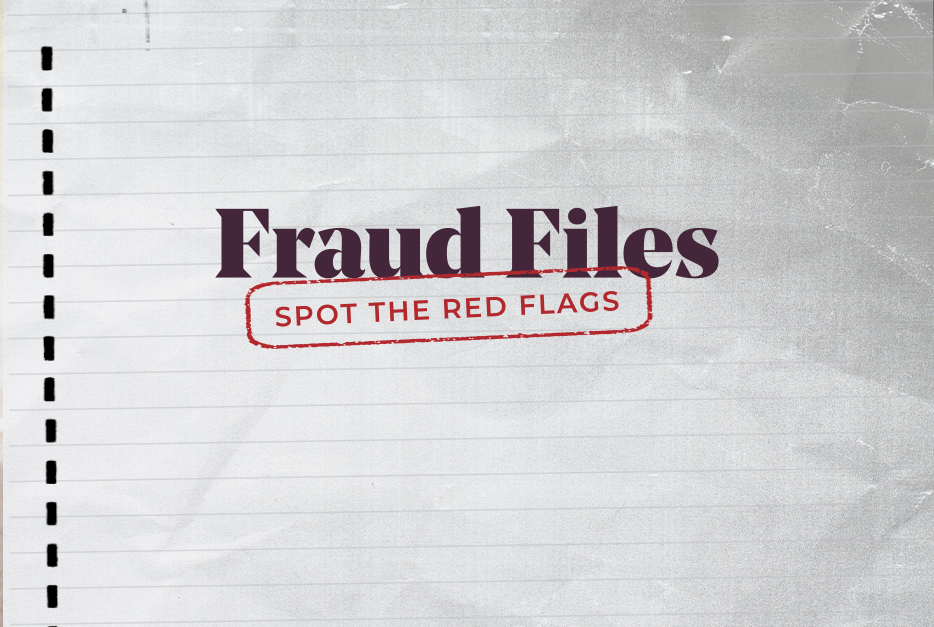How to protect your money from wire transfer scams
Wire transfers are electronic money transfers between individuals or businesses. This process is typically used to make a transfer from one financial institution to another, or to send funds to people in other countries. While this can be an effective way to send funds, scammers also use wire transfers to trick people out of their money. Here’s what you need to know to protect yourself.
What are common types of wire transfer scams?
-
Romance scams: A scammer sets up a fake online dating profile, claiming to be someone they’re not. Once they connect with you, they will ask you to send a wire transfer. If you give them money, they will keep asking for money or disappear altogether.
-
Real estate scams: A scammer pretends to be your real estate agent and tells you to transfer your funds to a fraudulent account, often as an urgent request. The scammer will also use fake emails or websites to add credibility.
-
Money laundering scams: A scammer sends you cheques or money and asks you to wire transfer it to someone else. They might go about this several ways — through online relationships, remote jobs that require you to transfer money, or fake prizes that involve wire transfers.
-
Online purchases and investment scams: A scammer tries to convince you to make a fraudulent purchase or investment. For example, they advertise purebred pets for a low price, only to later ask for more money to cover other “expenses.” Or, a scammer tells you about a lucrative investment opportunity from a foreign country.
-
Business scams: A scammer pretends to be someone your company has done business with, such as a coworker, client, or vendor. If the scammer has access to your mail or invoices, they may ask you to wire funds to a new account.
What does SCU do to prevent wire transfer fraud?
We take the responsibility of protecting your money very seriously. All of our wire transfer representatives are trained to recognize signs of a fraudulent transfer. That’s why when you request to make a wire transfer, we may ask you several questions, including:
What’s your relationship to the person or organization receiving the money? How did you connect with them?
-
Red flag: You have no previous history with the receiver or have only communicated with them online (not in-person or over the phone). If this is the case, there’s a chance the person isn’t who they say they are.
Have you sent funds to this person before? Will you be sending more funds?
- Red flag: The receiver expects you to send more funds in the future — scammers will rarely ask for only one transfer, so be suspicious of any extra requests.
- Red flag: The receiver makes an unusual request that doesn’t align with previous practices. If you’ve worked with this person or business before, you should be able to identify anything out of the ordinary.
How quickly does the receiver need these funds?
-
Red flag: The receiver gives a short timeline for their request. Scammers do this to increase your sense of urgency so you don’t have time to think critically or ask questions.
What currency is the receiver requesting? What country are they from?
- Red flag: The currency doesn’t make sense for the country, or the sender is from a high-risk country known for wire transfer fraud.
What financial institution is receiving the funds?
-
Red flag: The financial institution or wire transfer agency is not well-known, or the financial institution isn’t known for receiving wire transfers.
Can you provide supporting documentation for the transfer?
- Red flag: There’s little-to-no supporting documentation for an investment or purchase. For example, you’re making a real estate purchase, but there’s no online listing, offer to purchase, or purchase agreement.
- Red flag: The sender makes frequent grammatical errors or uses unusual words and phrases. If it’s a legitimate wire transfer request, you should expect professional writing.
If you have any more questions about wire transfer fraud, or you suspect you or someone you know has been a victim of fraud, contact:



